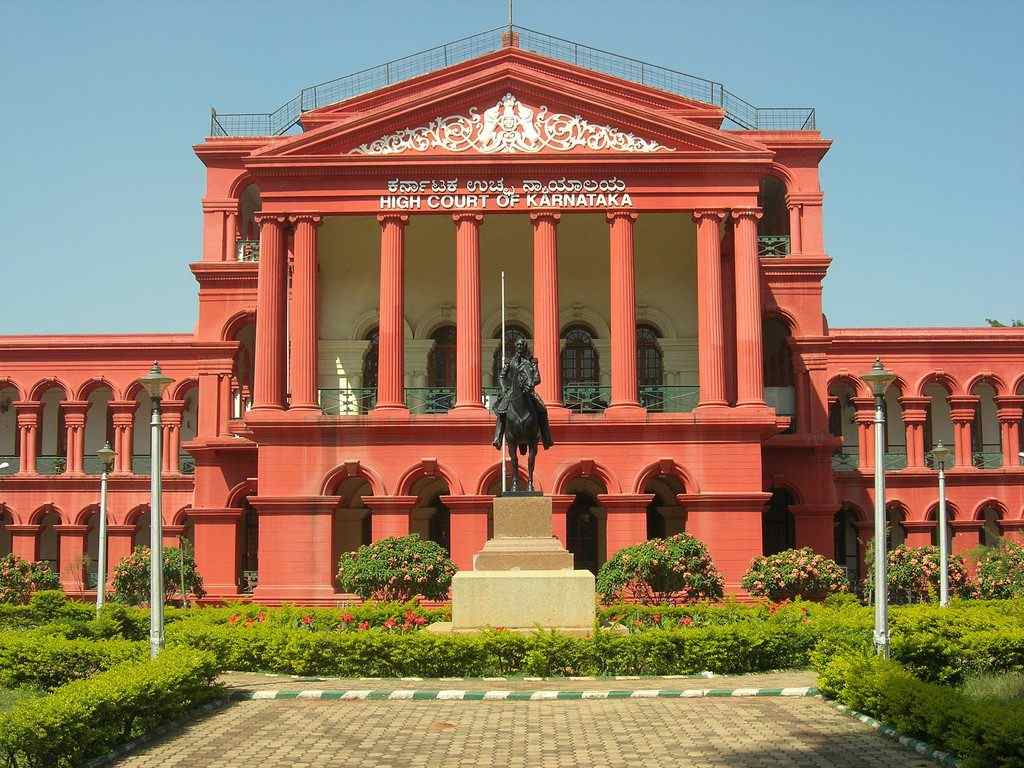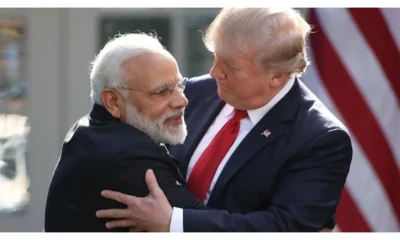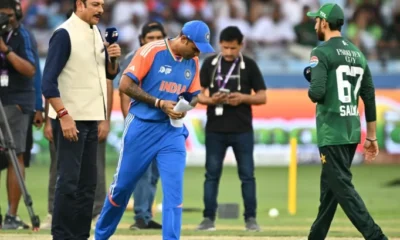India News
Those who took decision on transfer must answer how it was done: Karnataka HC judge Patel after resignation

India News
Rahul Gandhi, Centre clash over Ladakh deepens as eight Congress MPs suspended
The Lok Sabha saw repeated disruptions after Rahul Gandhi was denied permission to speak on the Ladakh issue, leading to protests and the suspension of eight Congress MPs.
India News
Mamata Banerjee alleges mass voter deletions in Bengal, targets Election Commission
Mamata Banerjee has accused the Election Commission of deleting thousands of voter names without due process, raising questions over the timing of the exercise ahead of elections.
India News
Supreme Court raps Meta over WhatsApp privacy policy
The Supreme Court warned Meta that it would not tolerate any compromise of citizens’ privacy while hearing a case related to WhatsApp’s 2021 privacy policy and a CCI penalty.
-

 Latest world news10 hours ago
Latest world news10 hours agoTrump announces trade deal with India, claims New Delhi will stop buying Russian oil
-

 India News9 hours ago
India News9 hours agoMarkets surge as Nifty jumps 750 points after India-US trade deal
-

 India News9 hours ago
India News9 hours agoUS-India trade deal to strengthen strategic partnership, says Amit Shah
-

 India News9 hours ago
India News9 hours agoIndia welcomes US tariff cut as PM Modi thanks Trump for easing trade barriers
-

 LATEST SPORTS NEWS9 hours ago
LATEST SPORTS NEWS9 hours agoPakistan looks to force majeure as India boycott threat looms in T20 World Cup
-

 India News5 hours ago
India News5 hours agoSupreme Court raps Meta over WhatsApp privacy policy
-

 India News1 hour ago
India News1 hour agoMamata Banerjee alleges mass voter deletions in Bengal, targets Election Commission
-

 India News42 mins ago
India News42 mins agoRahul Gandhi, Centre clash over Ladakh deepens as eight Congress MPs suspended








